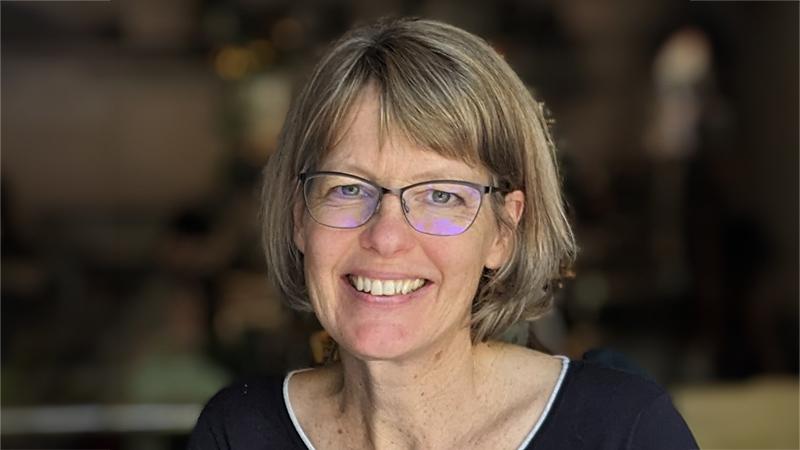Associate Professor in Politics and International Relations Dr Magdalena Frennhoff Larsén has written an article for The Conversation on the increased impact of abortion rights in European election campaigns.

Dr Frennhoff Larsén traces the recent landmark decision in France to formalise the right to abortion in their constitution from the 1975 Veil law, which was the first to legalise abortion in the country. This law was named after Simone Veil, a health minister and leader in the French women’s rights movement, who later became the president of the first European parliament.
Dr Frennhoff Larsén writes: “Political parties are now gearing up for the latest round of elections to the European Parliament in June, more than 40 years after Veil first entered the institution. And issues of reproductive rights are on the agenda once again.”
She notes that the overturning of Roe v Wade in the United States, which had protected the right to abortion in the country, prompted the European parliament to condemn emerging threats to women’s health reproductive rights in 2022. This resolution also focused on restrictions to abortion in the EU, such as those in Poland, Malta, Slovakia, Hungary and Italy.
Dr Frennhoff Larsén continues: “Yet, the parliamentary resolution masks internal divisions between, and sometimes within, the political groups of the European parliament. As these political groups are launching their campaigns and election manifestos, it is clear that the issue of abortion has become part of the wider political polarisation seen across Europe. Many far-right parties, which are predicted to make significant gains in the upcoming elections, call for restrictions on abortion rights...Groups on the other side of the political spectrum, meanwhile, are making explicit reference to the need to safeguard and expand reproductive health and rights in their European election manifestos.”
Dr Frennhoff Larsén suggests that arguments over the right to abortion will continue to impact the European parliament that Simone Veil once presided over.
She concludes: “The arguments once made by Simone Veil, who in 2018 was honoured with a burial in the Panthéon (the Parisian mausoleum reserved exclusively for France’s most eminent citizens), are surfacing once again ahead of the hotly contested European parliament elections. When the 720 newly elected MEPs meet for the next parliamentary term, discussions and debates around abortion and women’s rights are bound to continue. They may well take a different tone and occupy a higher position depending on the outcome of the elections.”
This article directly contributes to the United Nations Sustainable Development Goal (SDG) 10: Reduced Inequalities. Since 2019, the University of Westminster has used the SDGs holistically to frame strategic decisions to help students and colleagues fulfil their potential and contribute to a more sustainable, equitable and healthier society.
Read her article Abortion rights are featuring in this year’s European election campaign in a way we’ve not seen before on The Conversation’s website.
This article was also republished as cover story for other outlets, including Social Europe and In Genere.


